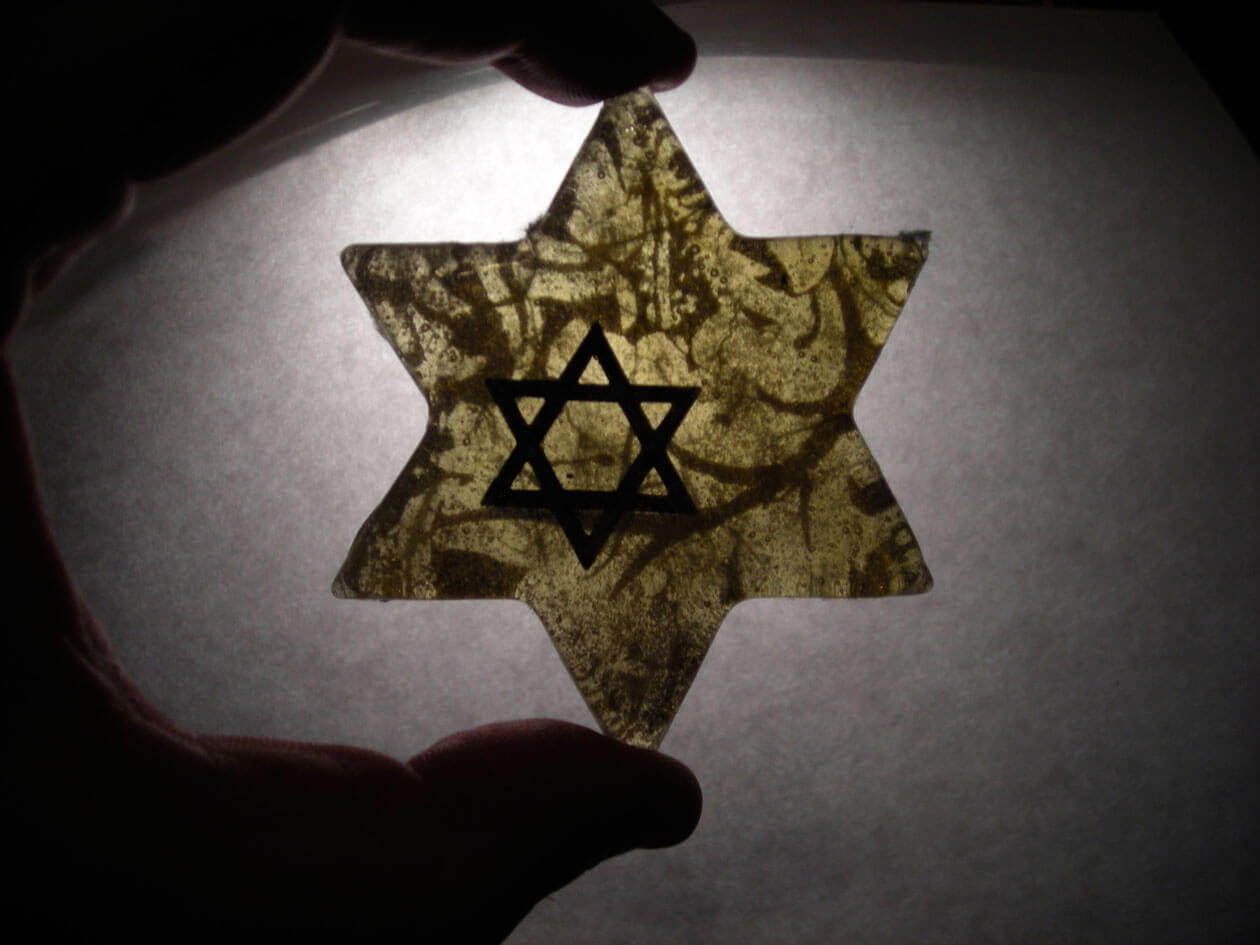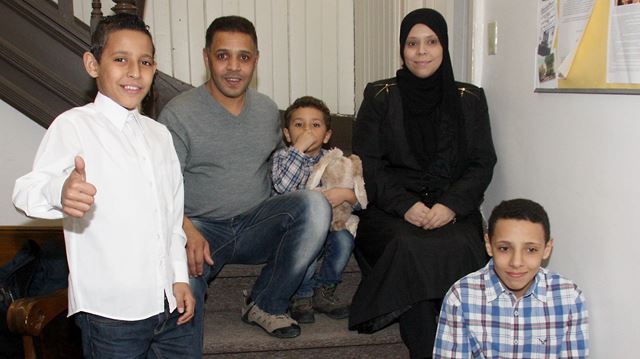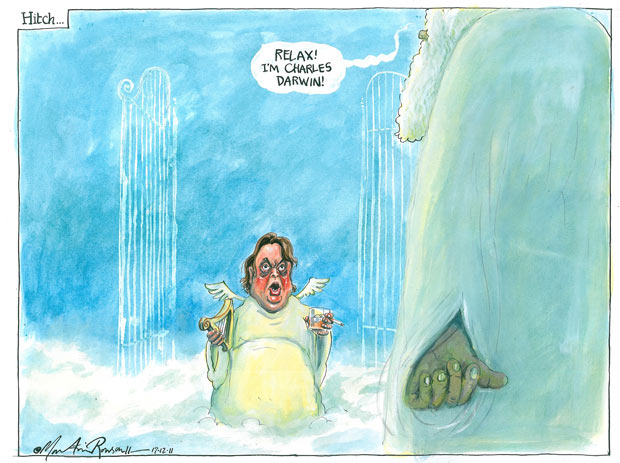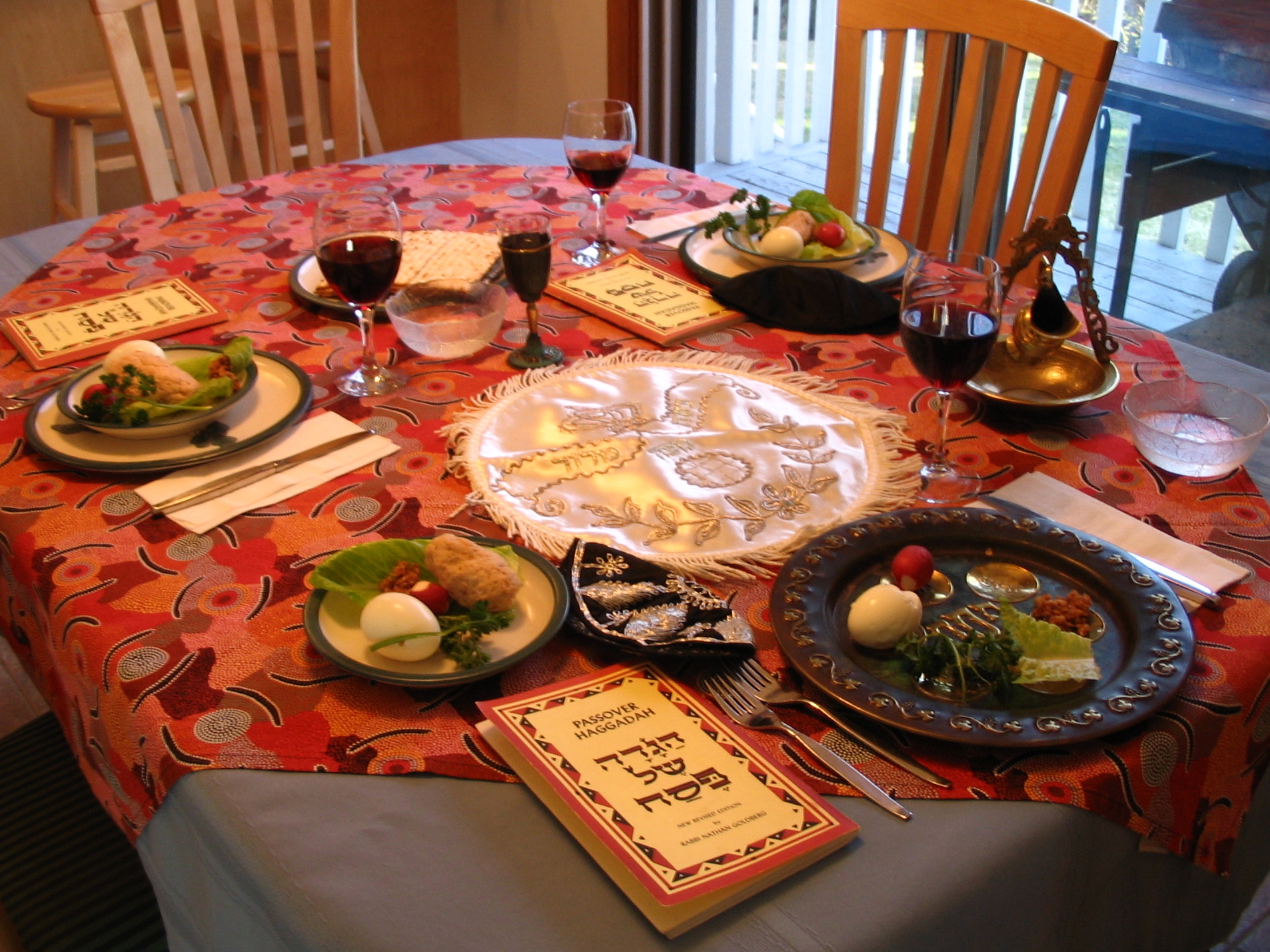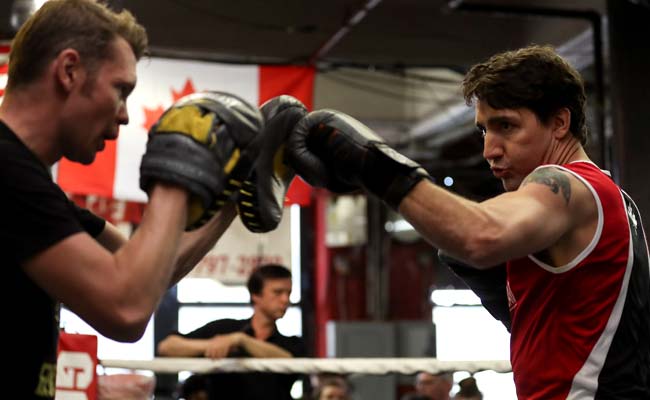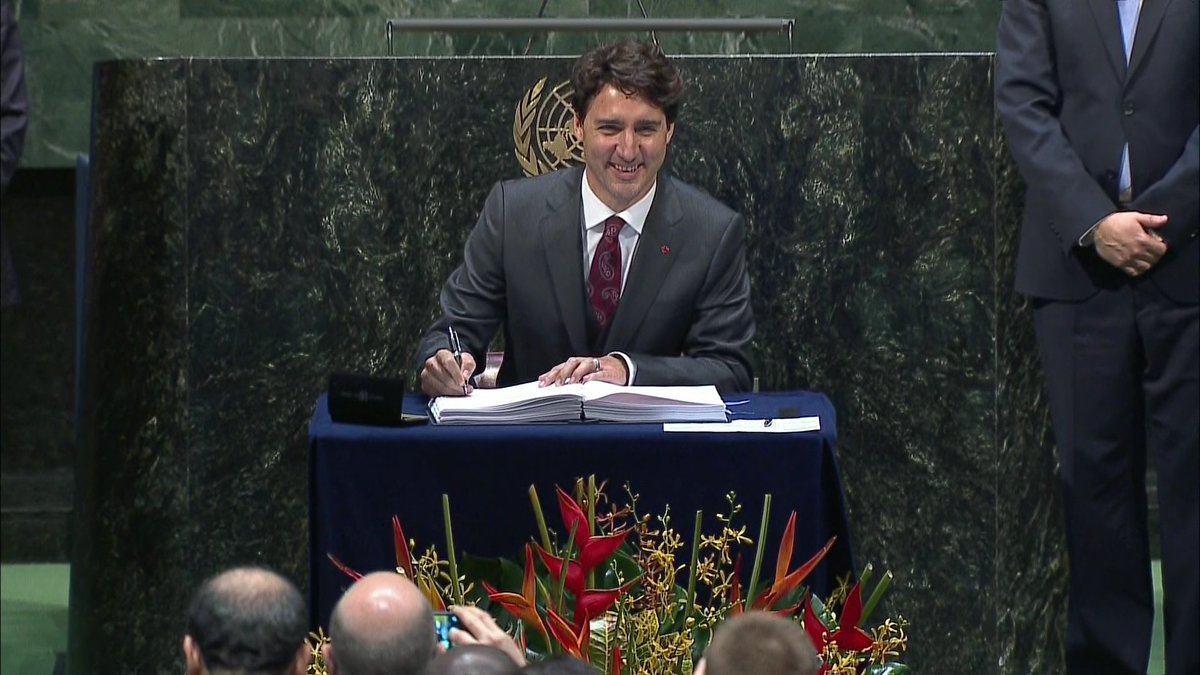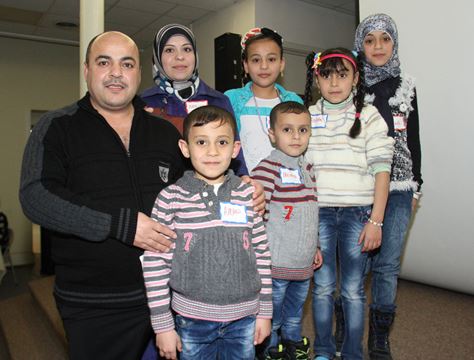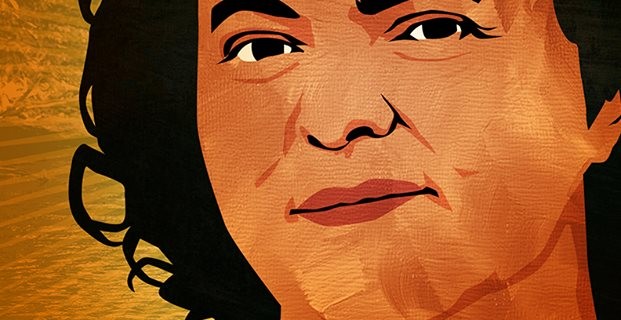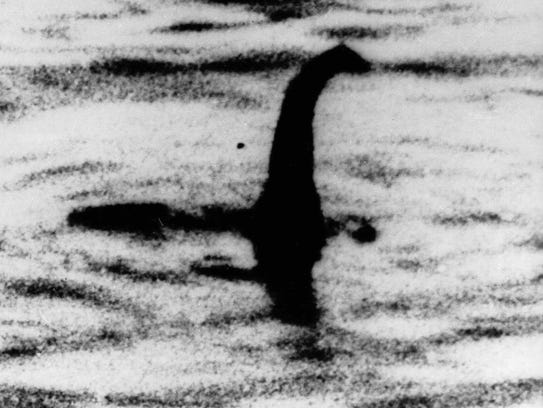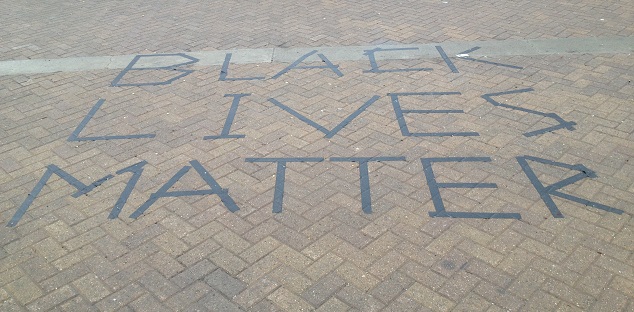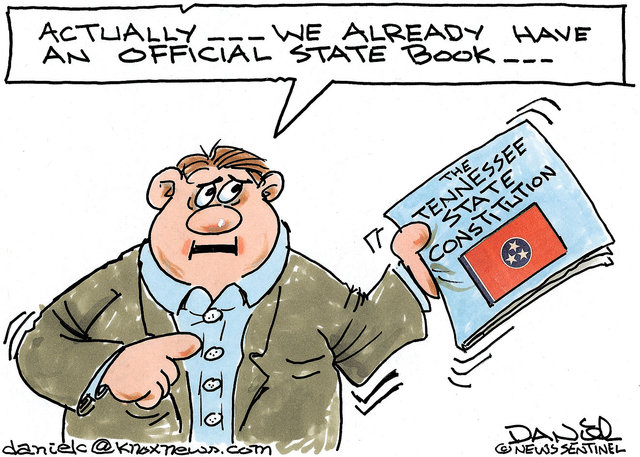
Next weekend we will attend the wedding of Ruth's sister Martha. Four years ago Martha's husband of decades died at his work desk without forewarning. It was devastating for her and their teen children. Life as they knew it came to an end with a totally unexpected phone call. Their grief was raw and deep and for Martha it probably felt as though she would never recover. Eventually she met Jack, and a friendship developed, in part because of shared experience of loss. Jack's wife died swiftly after a diagnosis of cancer. Their friendship became love and a decision to share life together in marriage.
As a minister I have seen that loss and the resultant grief comes to people in many forms and takes us residence in the human spirit in unexpected ways. There is no way to anticipate the effects of loss, even for those with a strong and abiding faith. Being Easter people does not shield us from grief.
Recently I happened on an interview with Paul Lisicky, an author whose work I don't know. About his book The Narrow Door he says
From the get-go I was after a structure that felt organic and musical — each image-based section talking to the next, and so on. I’ve already said this elsewhere: grief doesn’t obey the rules of forward time. It’s not four/four meter. It shifts time signature — I could keep going with that metaphor. But I didn’t want the book’s shape to be a mess — so I started paying attention to repetitions, the possibility of them. I didn’t want to force them, but tried to be aware of convergences, coincidences, echoes.
I have emphasized those phrases because they strike me as being so remarkably authentic. We do a tremendous disservice to people if we claim anything else. The story of resurrection day in the gospels includes fear, anger, sorrow and disbelief. While all this may be part of our grief experience, in unanticipated time signatures, the music of our faith and accompanying hope plays on.
Comments?

